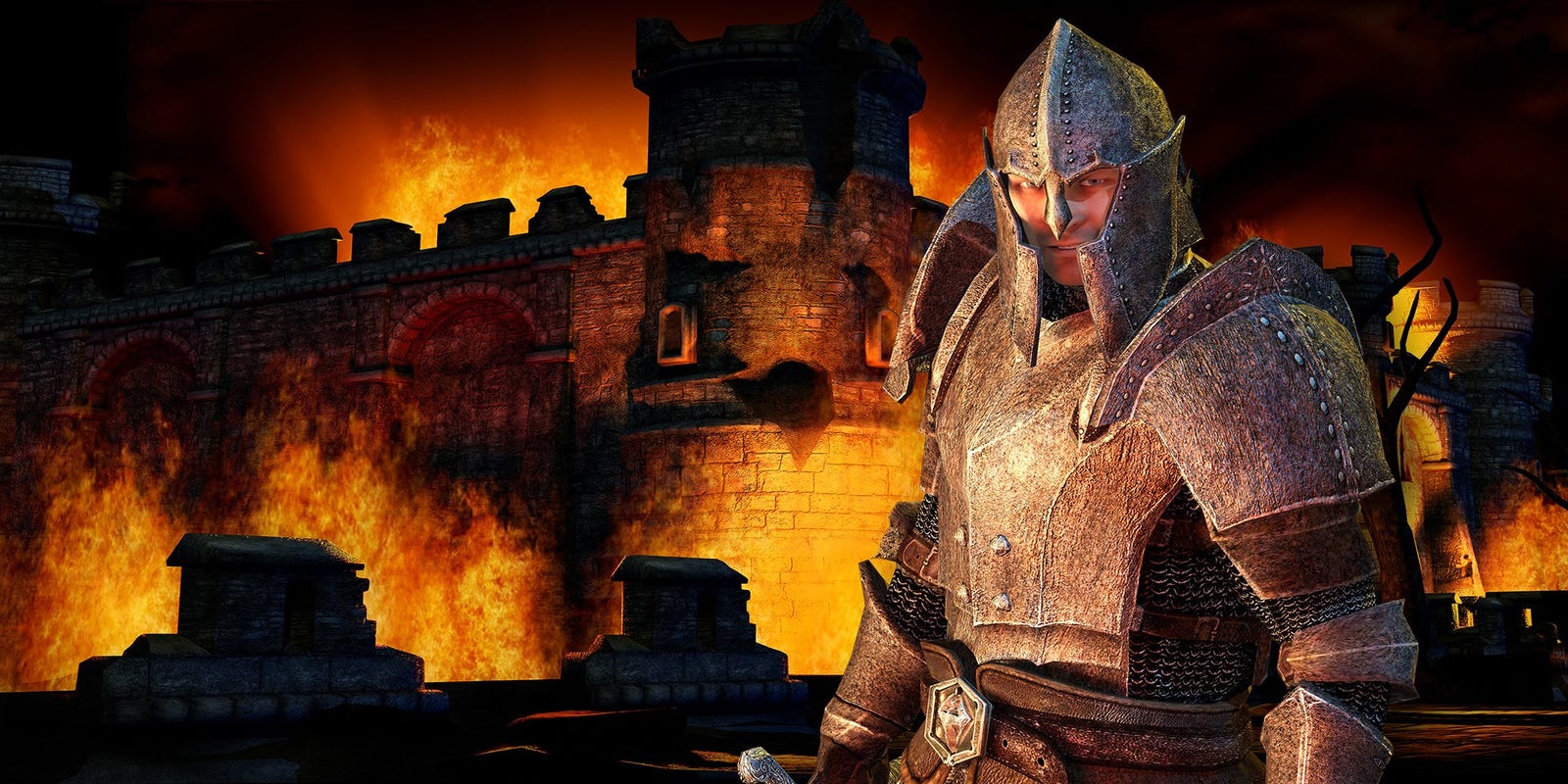Oblivion Remastered: The Elder Scrolls Classic You've Been Waiting For Drops Today

Elder Scrolls IV: Oblivion Remaster Confirmed for 2025
Fans of the beloved RPG classic are in for a treat! Nearly two decades after its original release, The Elder Scrolls IV: Oblivion is set to receive a stunning remaster that promises to breathe new life into the iconic game that captivated millions of players.
Originally launched in 2006, Oblivion was a groundbreaking title that set a new standard for open-world role-playing games. The upcoming remaster is expected to leverage modern gaming technology, potentially offering enhanced graphics, improved performance, and possibly some quality-of-life improvements that will make the game feel fresh for both nostalgic veterans and new players.
While specific details are still emerging, the gaming community is buzzing with anticipation. Bethesda seems committed to honoring the original game's legacy while bringing it up to contemporary gaming standards.
Stay tuned for more updates as we continue to track the development of this exciting remaster that promises to transport players back to the magical world of Cyrodiil, but with a modern twist.
